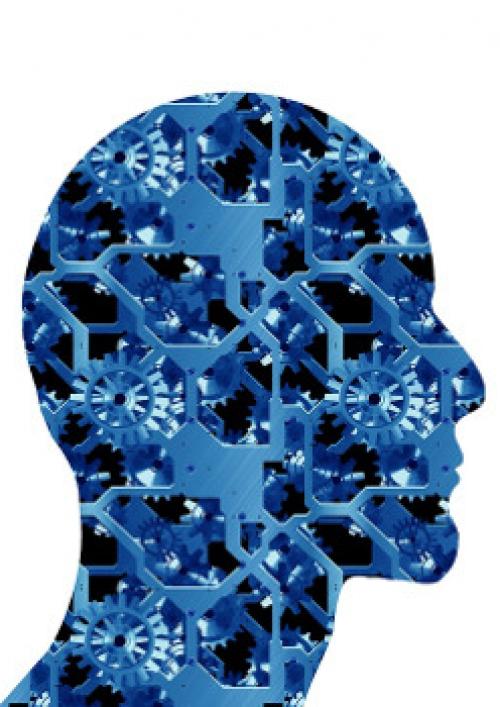
Karel Capek Centre for Values in Science and Technology is a new interdisciplinary platform devoted to issues associated with ethics and law in artificial intelligence. The Centre houses scientists from the Czech Academy of Sciences and the Charles University.
Ceremonial Establishment of the Centre
The Centre was established on 12 October 2018. That day, the Directors of the Institute of State and Law, the Institute of Philosophy, and the Institute of Informatics of the Czech Academy of Sciences and the Dean of the Faculty of Cell Biology of the Charles University met to ceremonially sign the contract. The newly created interdisciplinary platform was commented on by the Chairman of the Czech Academy of Sciences Eva Zažímalová.
Ethical and legal aspects of artificial intelligence and biological experiments
The Centre will be devoted to new themes resulting from the quick development of technologies and impossible to deal with without interdisciplinary cooperation, such as the issue of autonomous cars, warfare systems, genetic modifications of plants and animals, robotic nurses, or application of stem cells. Workplaces should cooperate in grants and within Strategy AV21. The researchers’ ambition is not only to deal with the relevant issues at philosophical level but also to affect the legislation.
The Karel Capek Centre’s plans were commented on by the worker of the Institute of State and Law of the Czech Academy of Sciences David Černý in a news report of the OAT studio.
Ethics of the operation of autonomous cars
Members of the Karel Capek Centre for Values in Science and Technology are dealing with project No. TL01000467 ‘Ethics of the Operation of Autonomous
Cars’ of the Technology Agency of the Czech Republic (dealing time 03/2018 – 02/2021).
As stated on the Centre’s website, the project wants to bring three key results for scientific research and the application industry:
(1) Innovation of empirical methods: identification of model situations of the social dilemma of collisions of autonomous cars, visualisation for online questionnaire method
(2) The first research of moral intuitions for the control software of cars ever and research of purchase preferences: This project should reveal moral intuitions of Czech drivers and propose a solution to ensuring compliance of new control programmes with ethical standards of the society.
(3) Other applications for general artificial intelligence: Proposals for implementing moral conduct of robotic actors in crisis situations will be possible to use directly not only to develop the control software and the legislation but also for situations with more degrees of freedom, such as for the research of general artificial intelligence whose moral behaviour is desirable.
Picture https://pixabay.com
